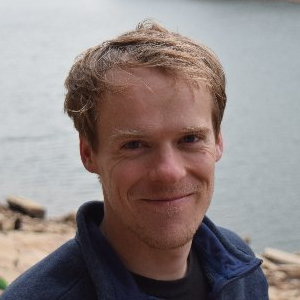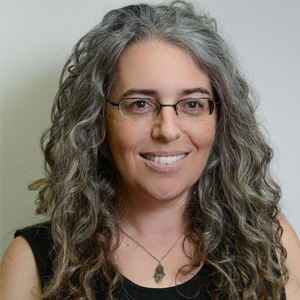Citizen science volunteers are almost entirely white
Every day, volunteers around the world contribute to scientific studies through “citizen science.” Citizen science can be anything from counting migrating birds to measuring precipitation or even tracking outbreaks of COVID-19. Citizen science helps researchers collect more data than they could working on their own. The people who participate in these projects also benefit by gaining knowledge about the fields they are working in and learning skills.
We are two researchers who study biology, the environment and the role of citizen science in these fields. In a new paper published on June 22, in BioScience, we used survey data from 2016 to 2019 to better understand the demographics of citizen scientists.
A few small studies have found that citizen science volunteers tend to be white, well-educated and have high incomes. But this homogeneity of participants is common knowledge among researchers, and few collect detailed demographic data on participants in citizen science.
In our survey, we collected data about race, income and other demographic information. Overall, we received 3,894 responses. Most of the responses — 3,191 — came from the 2016 Christmas Bird Count, the world’s longest-running bird-related citizen science project. Since 1900, thousands of people in the U.S. and abroad have counted birds around Christmas and reported the results to the Audubon Society.
We also collected data from 280 contributors to Candid Critters — a project that uses trail cameras to study wild mammals — and from 423 members of SciStarter.org, an online inventory of citizen science projects.
Overall, 95% of respondents identified as white. The lack of racial diversity was striking for each sample, with 96% of participants in both the Christmas Bird count and Candid Critters identifying as white and 88% of respondents from SciStarter saying the same. While only 14% of the U.S. population has a graduate or professional degree, about half of our survey respondents held these degrees. Additionally, while only 6% of the U.S. population has careers in science, technology, engineering or math, almost half of our survey respondents from all three data sources worked in STEM fields.
Problems from a lack of diversity
Participating in citizen science is linked to personal benefits like learning new skills and building community. If citizen science is reaching only educated white science professionals, then it’s concentrating the benefits of participation among this group.
Additionally, if one of the goals of citizen science is to boost science literacy and trust in science, it can’t achieve that goal if it’s preaching to the choir by only reaching people who already work in science.
Finally, a lack of diversity in citizen science could even compromise the quality of the research. For instance, one study found that volunteer water monitors — who were mostly well-educated and white — undersampled areas where environmental concerns disproportionately affected poor communities of color.
Initiatives like Black Birders Week seek to increase the visibility and concerns of people of color interested in the outdoors and science. SciStarter, where one of us volunteers as the director of research collaborations, is undertaking a long-term effort to design inclusive citizen science programs. By partnering with community-based groups, schools, churches, companies and libraries, some recent SciStarter initiatives have engaged more than 40% nonwhite participants.
Reforming citizen science with inclusive and equitable practices would not only make the science better but also spread the benefits of these projects more equitably and eventually help bring more diverse perspectives into science generally.![]()
This article is republished from The Conversation under a Creative Commons license. Read the original article.
Enjoy reading ASBMB Today?
Become a member to receive the print edition four times a year and the digital edition monthly.
Learn moreGet the latest from ASBMB Today
Enter your email address, and we’ll send you a weekly email with recent articles, interviews and more.
Latest in Opinions
Opinions highlights or most popular articles

Women’s health cannot leave rare diseases behind
A physician living with lymphangioleiomyomatosis and a basic scientist explain why patient-driven, trial-ready research is essential to turning momentum into meaningful progress.

Making my spicy brain work for me
Researcher Reid Blanchett reflects on her journey navigating mental health struggles through graduate school. She found a new path in bioinformatics, proving that science can be flexible, forgiving and full of second chances.

The tortoise wins: How slowing down saved my Ph.D.
Graduate student Amy Bounds reflects on how slowing down in the lab not only improved her relationship with work but also made her a more productive scientist.

How pediatric cataracts shaped my scientific journey
Undergraduate student Grace Jones shares how she transformed her childhood cataract diagnosis into a scientific purpose. She explores how biochemistry can bring a clearer vision to others, and how personal history can shape discovery.

Debugging my code and teaching with ChatGPT
AI tools like ChatGPT have changed the way an assistant professor teaches and does research. But, he asserts that real growth still comes from struggle, and educators must help students use AI wisely — as scaffolds, not shortcuts.

AI in the lab: The power of smarter questions
An assistant professor discusses AI's evolution from a buzzword to a trusted research partner. It helps streamline reviews, troubleshoot code, save time and spark ideas, but its success relies on combining AI with expertise and critical thinking.


